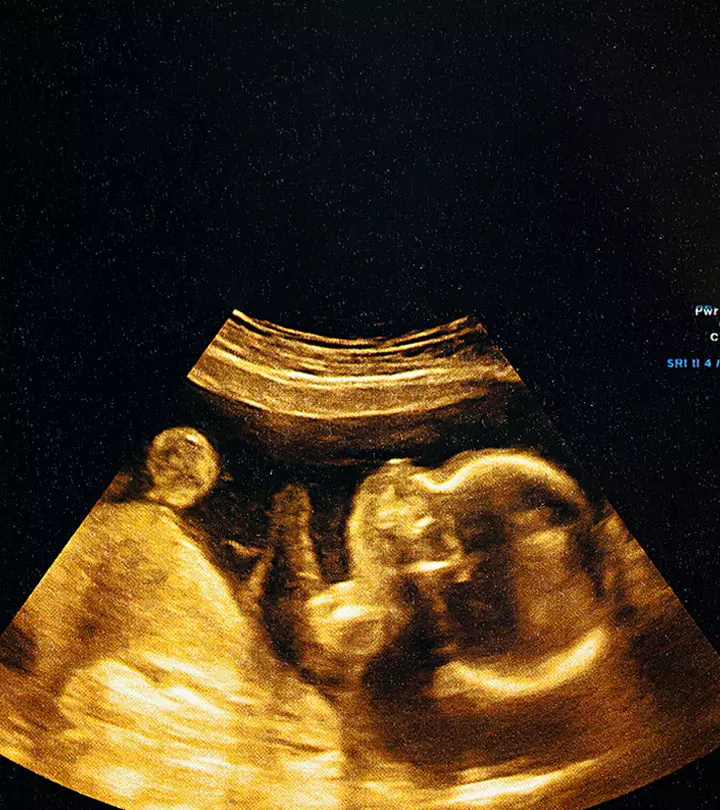

Image: iStock
Every kick of the baby you feel when you are pregnant excites you. But feeling the baby kicks inside even after giving birth? Does it mean you have lost your mind or are you still obsessed with the baby kicks in the postpartum period? We can assure you that it is normal to feel the movements and kicks even after your baby is born – even if it is days, weeks, or months after pregnancy. These are simply called ‘Phantom Fetal Movements’ or ‘Phantom Kicks’. Some women might be embarrassed talking about the problem while some of them consider it a product of their imagination.

The Phantom Kicks are little flappy movements that you feel in the womb that is exactly like what you have mid-pregnancy. The only difference is that you are no longer carrying that baby bump. However, the weird experience is most likely to be felt by women who had stillbirth or miscarriage earlier and as such the illusion of feeling, kicks can be very normal. The phantom kicks in such cases can allude to a previous loss or other trauma.
On the other hand, some mothers who are physically fit and healthy and deliver healthy babies too but still experience phantom fetal movements. So far there has been no medical explanation to this, but there are several concepts prevalent about the phantom kicks. One school of thought has it that the uterus might take a long time to stop contractions and begins to settle after giving birth which is when women might feel those flutters in there. Some believe that there are random spasms which happen even when you aren’t pregnant. You tend to figure out the ambiances in the uterus for the first time. If your fetal movements during pregnancy were like kicks, then phantom kicks would be amplified. However, at times it is the rumbling gasses and gastrological issues, if any, that can make you feel like a baby is kicking you from the inside.
Your muscle memory also contributes to the phantom kick feeling. Your nerves and/or muscles remember the pregnancy kicks, and while the organs are coming back to their original position after having been dislocated by pregnancy, it could also lead to the phantom kicks. What you need to remember is that the same nerve endings supply blood to the uterine muscles and the muscle group of the bladder and bowels. Sometimes simple postpregnancy intestinal and muscle spasms are inferred as ‘Baby Kicks.’
As of now, there is not much literature available or medical research being done on Phantom Kicks. So if curious women experiencing the kicks want to have all their answers, they might need some patience. One thing for sure is that Phantom Kicks is a normal phenomenon. So women don’t have to worry that they have illusions. However, there is also a likelihood that the phantom kicks, needless to say, are false kicks akin to false pregnancy. False pregnancy is called pseudocyesis in medical terms, whereby a woman believes that she is pregnant with some symptoms she might believe are of pregnancy. The false kicks could be just one of those symptoms.
These could only be a few reasons of those phantom kicks. As a bottom line, there is nothing much to worry about when you have these kicks. It’s totally normal to feel so.
Community Experiences
Join the conversation and become a part of our nurturing community! Share your stories, experiences, and insights to connect with fellow parents.












